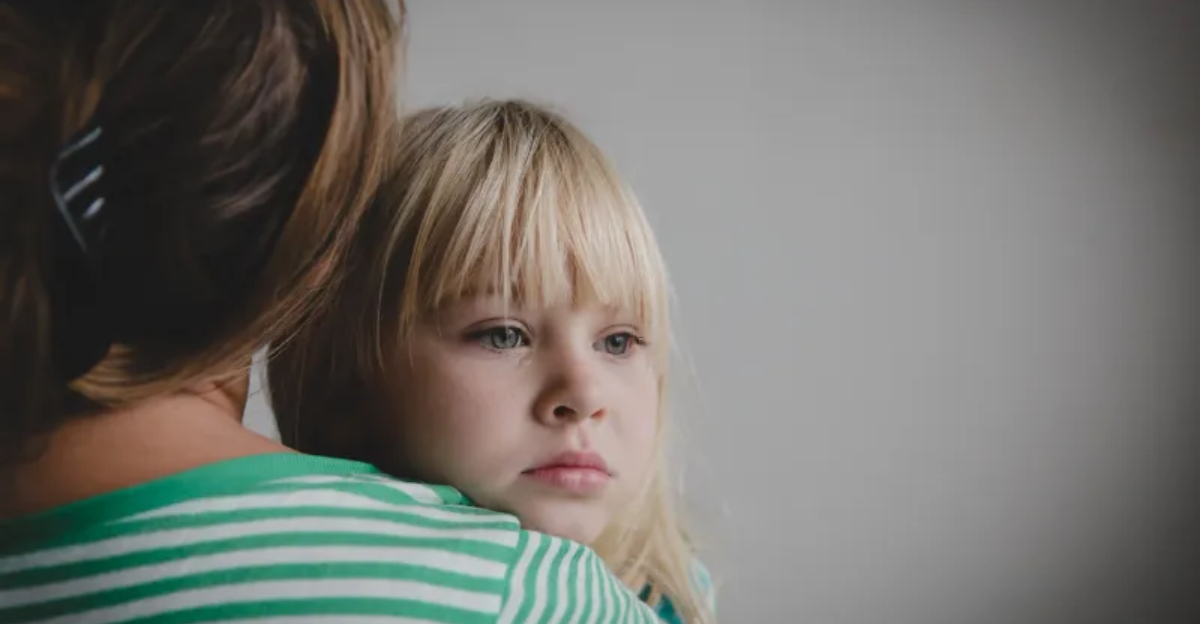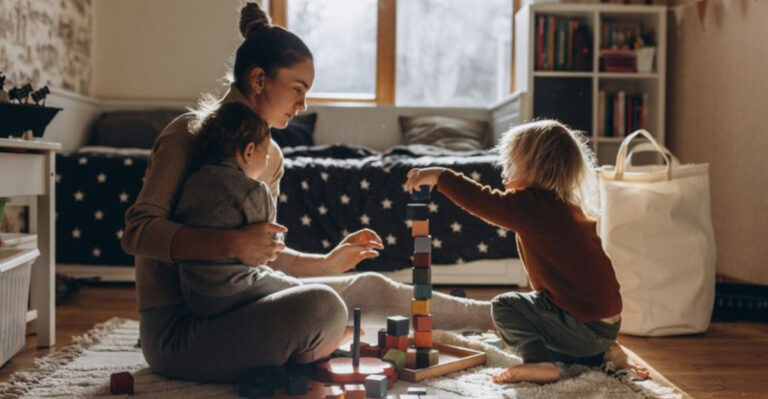16 Ways to Truly Understand Your Kids, Even When They Struggle to Understand Themselves
Here’s the thing they don’t tell you in the parenting books: sometimes your child will be standing right in front of you—hurting, lashing out, shutting down—and they won’t even know why. And that’s when you feel it… that ache in your chest that whispers, “I just want to help, but I don’t know how.”
Because parenting isn’t just about discipline and dinner plans. It’s about decoding emotions, holding space, and seeing the heart behind the chaos. Especially when your child can’t put their pain—or their joy—into words.
So how do you really understand them? You don’t wait for them to explain. You learn to read between the silences. Here are 16 powerful, compassionate ways to understand your kids—even when they’re still learning to understand themselves.
1. Watch Their Behavior—Not Just Their Words
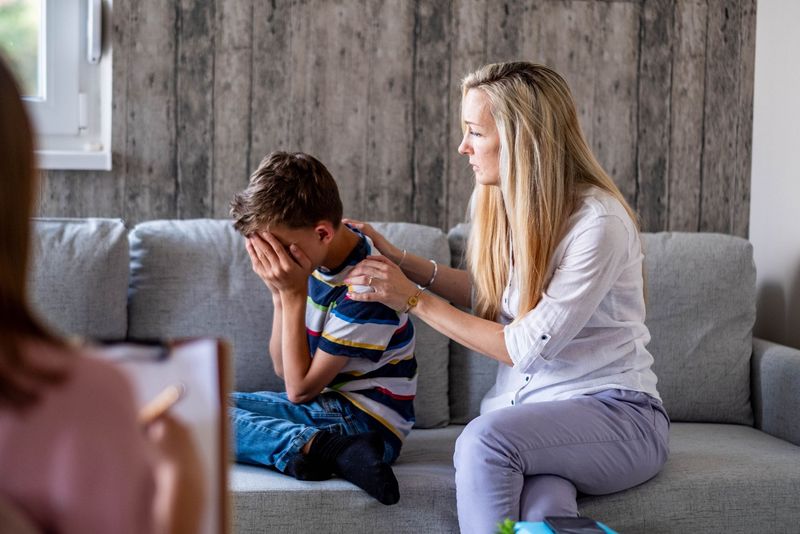
Ever notice how “I’m fine” can mean just about anything—especially when paired with a dramatic eye roll or a door slam? Kids become experts at saying what they think you want to hear, but their bodies and actions love to spill the real tea.
I’ve learned to pay attention when my daughter avoids my gaze or fidgets non-stop. That’s her way of waving a little emotional flag, even if she can’t put the feeling into words yet.
So next time you hear “nothing’s wrong,” try watching what they’re doing instead. Is your son suddenly glued to his room? Is your daughter extra clingy? Behavior is the secret language of childhood. When you tune in, you get the real story—no decoding ring required.
2. Stay Curious, Not Controlling
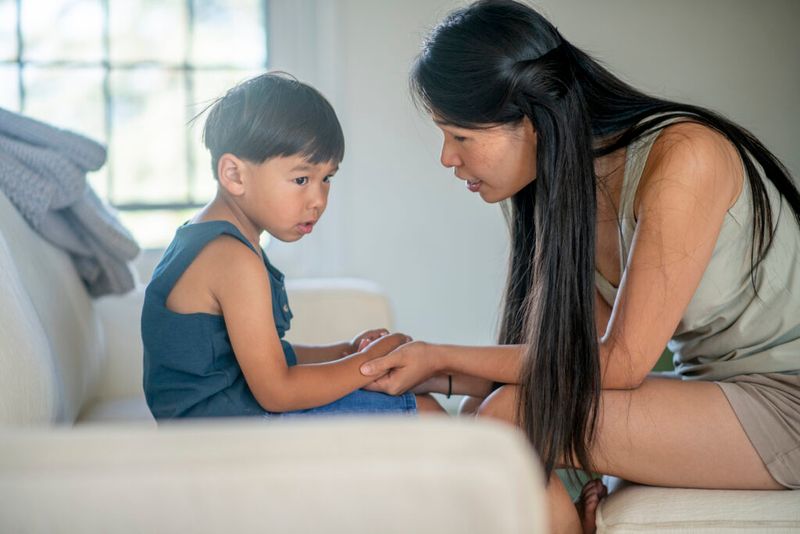
Instead of channeling your inner detective (“Why are you acting like this?”), try asking with gentle curiosity: “What’s going on inside you right now?” That simple shift is like magic for unlocking real conversations.
Kids can smell control from a mile away, and it makes them clam up. But curiosity? That feels like an invitation, not an interrogation.
When you lead with curiosity, you show you care about their inner world, not just their behavior. You might not get answers right away, but the doors stay open. That’s how trust grows—one honest question at a time.
3. Create Safety, Not Pressure
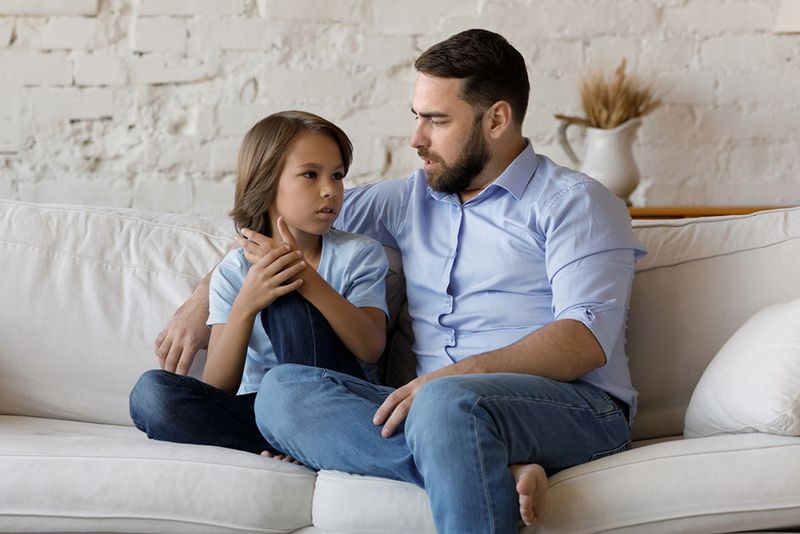
Remember those times when you just needed someone to listen, not judge? Kids crave that kind of safety even more.
When my son feels safe, he lets his guard down—sometimes in the most unexpected ways. A bedtime confession, a teary hug in the car, or a shy “Can I talk to you?”
And here’s the catch: safety doesn’t mean fixing every problem. Sometimes, it’s just sitting beside them in the quiet, reminding them that your love never depends on perfect moods or words. That kind of safety is the real secret to emotional honesty.
4. Learn Their Love Language—And Speak It Often

Every kid has their own way of feeling seen. For one, it might be a giant bear hug. For another, it’s words of praise or a shared bowl of popcorn on the couch.
I once spent weeks repeating “I love you” to my son, only to realize he craved time together, not just words. That was my wake-up call.
Find out what makes your child light up—gifts, quality time, little acts of service—and sprinkle it everywhere you can. Speaking their love language isn’t just sweet, it’s how you show up for the real them, right where they are.
5. Look Past the Outbursts

Tantrums and sass are rarely just about a broken crayon or homework drama. Sometimes, that stormy attitude is their way of saying, “I’m overwhelmed,” or “I need help.”
One day, my daughter lost it over a missing sock. It wasn’t about the sock—it was about a tough day at school. Our job isn’t to fix the meltdown but to ask: What’s hiding underneath?
Se è possibile keep your cool and look past the chaos, you’ll often find a little person craving comfort or clarity. Outbursts are messy, but they’re also invitations—if you’re willing to respond with curiosity, not criticism.
6. Reflect, Don’t Fix
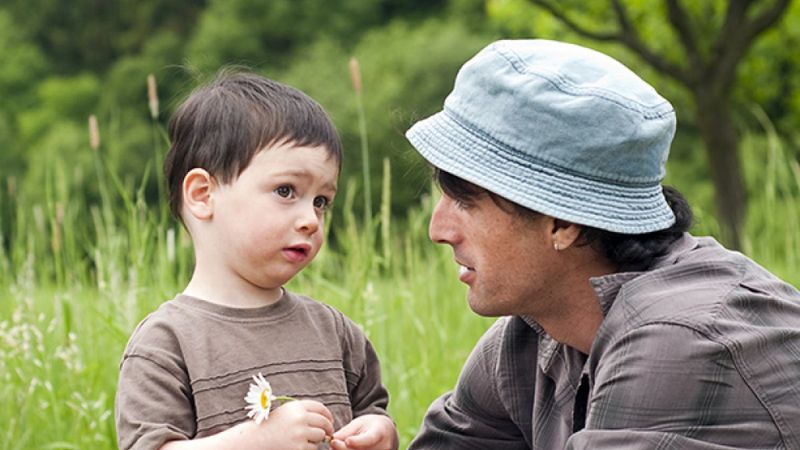
It’s tempting to swoop in with solutions, but sometimes, what your child needs most is to hear, “It makes sense you feel that way.”
When my son is upset, my first instinct is to fix. But I’ve learned that reflecting his feelings builds more trust than any advice session ever could.
To a child, feeling truly heard can be more healing than any quick fix. Let their emotions land. Let them feel seen. You’ll be amazed at how much lighter they become when you do.
7. Silence Isn’t Always Golden
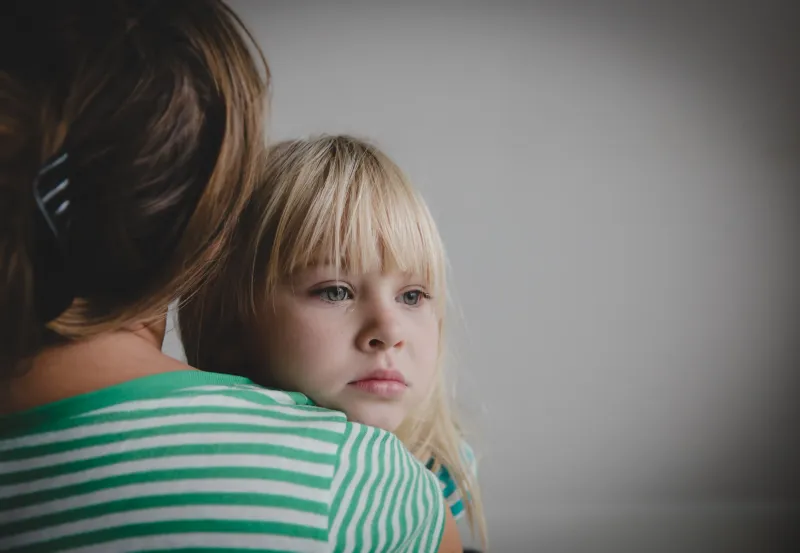
A quiet child doesn’t always mean a content child. Some kids don’t yell or sob—they retreat inside their own heads, letting their silence do the talking.
My daughter is one of those quiet souls. When she goes quiet, I know it’s time to just be nearby—even if words don’t come right away.
Patience is your friend here. Let them know you’ll be ready when they are, no rush. Sometimes, the biggest acts of love are wordless ones.
8. Love the Child They Were—And Are
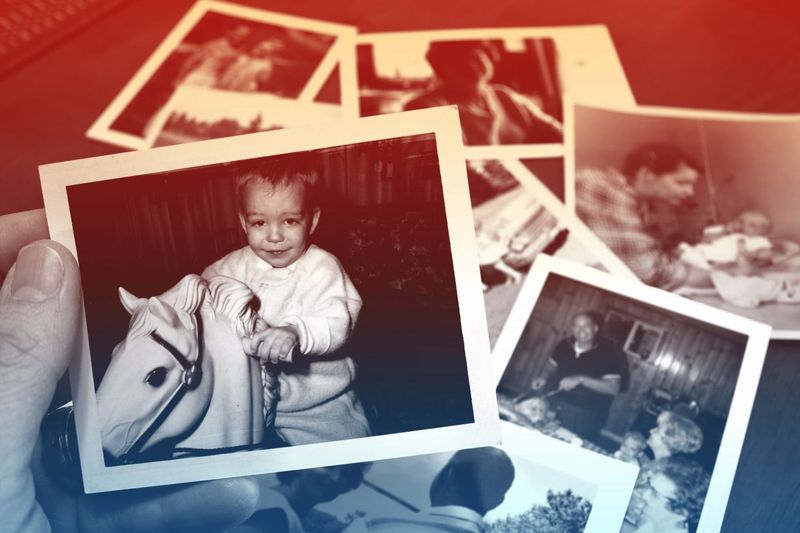
Kids change at lightning speed—one minute you have a giggling toddler, the next, a moody preteen rolling her eyes.
But that little kid you once held close is still in there. I keep old photos around and sometimes show them to my kids, just to remind them (and me) that every version of them is worth loving.
It’s easy to get caught up in today’s drama. But don’t forget the sweetness that came before—and the softness that’s still hiding inside, waiting for you to see it.
9. Big Emotions Are Normal

Anger, sadness, frustration—those feelings are not flaws. They’re normal, healthy messengers, even if they show up like a tornado at times.
I always remind my kids: “It’s okay to be mad. It’s okay to be sad. Feelings don’t make you bad.”
Normalize those big emotions by naming them out loud. When you do, shame melts away. Kids learn that feeling deeply doesn’t make them too much—it just makes them human.
10. Keep Rituals of Connection

Rituals are like secret handshakes for the heart. In our house, Sunday pancakes are sacred. No matter what chaos the week brings, that one little tradition is our anchor.
It doesn’t have to be fancy—a five-minute chat before bed or silly dances in the kitchen can mean the world.
Consistency builds trust. Connection becomes the bridge your child walks across when life gets rocky. Make time for those rituals—they’re lifelines disguised as fun.
11. Stop Expecting Mini-Adults
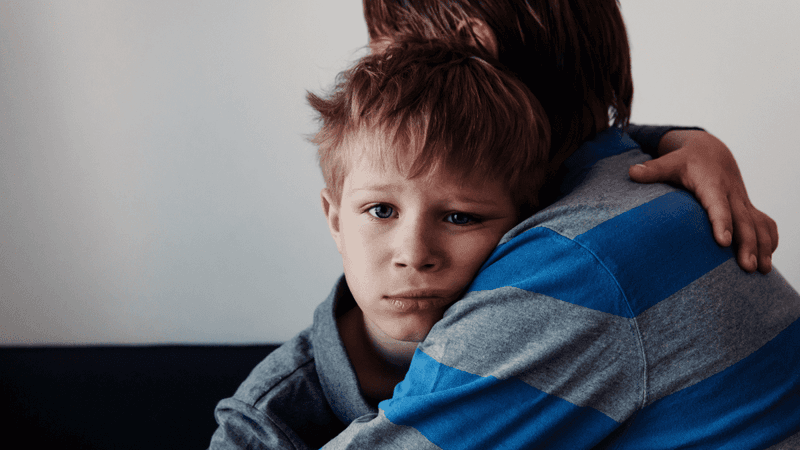
Sometimes we forget that our kids are still learning everything about life: emotions, friendships, boundaries, all of it.
Expecting them to have it all together is like handing a toddler a calculus book. Let them stumble, mess up, and act their age.
When you give them space to be imperfect, you give them permission to grow. They’ll remember your grace far longer than any lecture you ever gave.
12. Peek Back at Your Own Childhood

Nostalgia is a powerful teacher. Sometimes the best way to understand your child is to remember your own struggles at their age.
Were you the kid who felt invisible? The one who needed a hug more than advice? Reflecting on those moments can change the way you parent today.
Use your own childhood as a guide—not a rulebook, but a map. It’s your secret superpower for empathy.
13. Own Your Mistakes—And Say Sorry
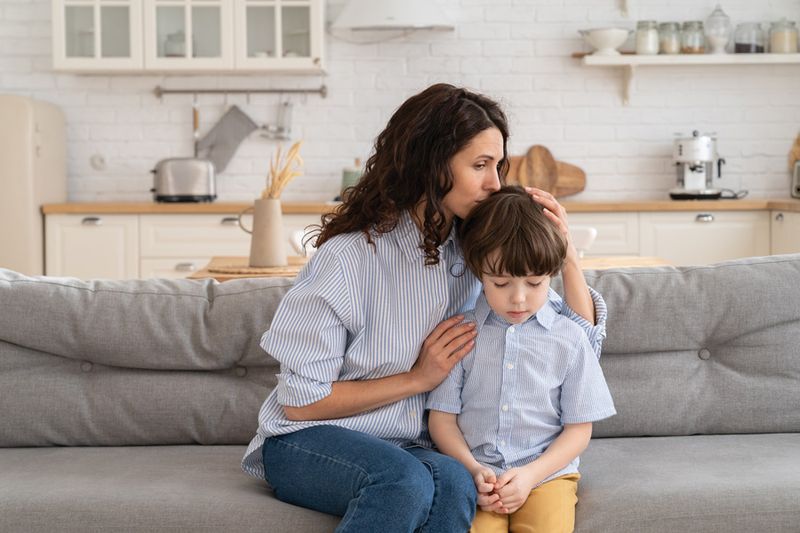
Nobody gets it right all the time. I’ve lost my cool, made unfair rules, and stuck my foot in my mouth more times than I can count.
But the best healing comes in the aftermath. A simple, honest “I’m sorry” teaches your child that nobody is perfect—and that making amends is part of real love.
It’s not weakness to apologize; it’s modeling strength. Kids remember the apologies, not just the mistakes.
14. Let Them Be Themselves—Not Your Clone
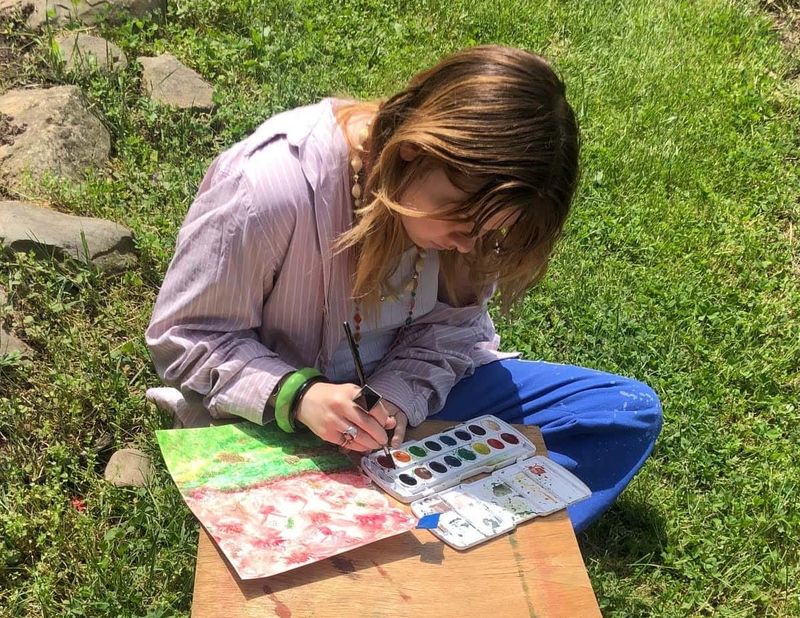
Here’s the wild truth: your kid is not your mini-me, nor your second shot at life. They are their own brand of weird and wonderful.
Instead of molding them into your comfort zone, watch them grow into who they’re meant to be—even if it surprises you (or makes you nervous).
Support their quirks and passions. Celebrate their differences. The world needs more originals, not copies.
15. Change As They Change
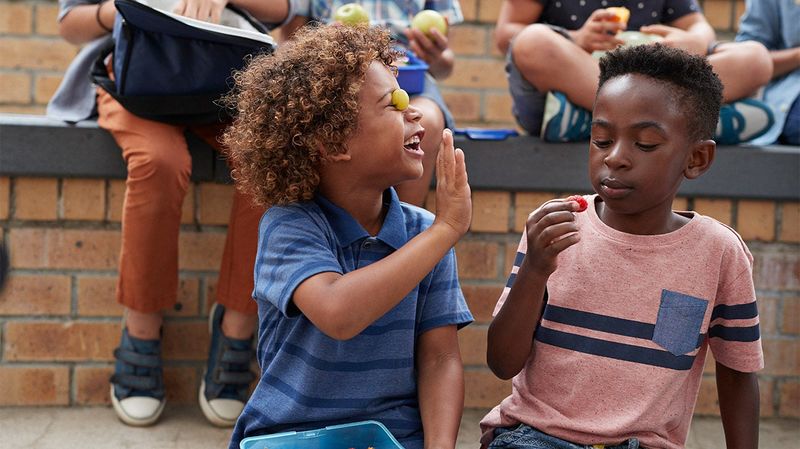
Kids aren’t the only ones who change—parents have to, too. When your child’s needs shift, so should your approach.
Be open to evolving. When my son became a teen, our bedtime chats turned into car rides and Starbucks runs. The moments shifted, but the connection stayed strong.
If you adapt as your child grows, you’ll build a relationship that lasts way beyond their childhood home.
16. You Don’t Have to Know Yourself to Be Loved

Here’s the big secret: nobody has themselves all figured out—not even adults. And kids? They’re still under construction, inside and out.
Remind your child that your love isn’t a prize for self-discovery. It’s a given, no matter how uncertain or lost they feel.
Unconditional love is your superpower. Let your kids know that being unsure is perfectly okay—because being loved never depends on having all the answers.

